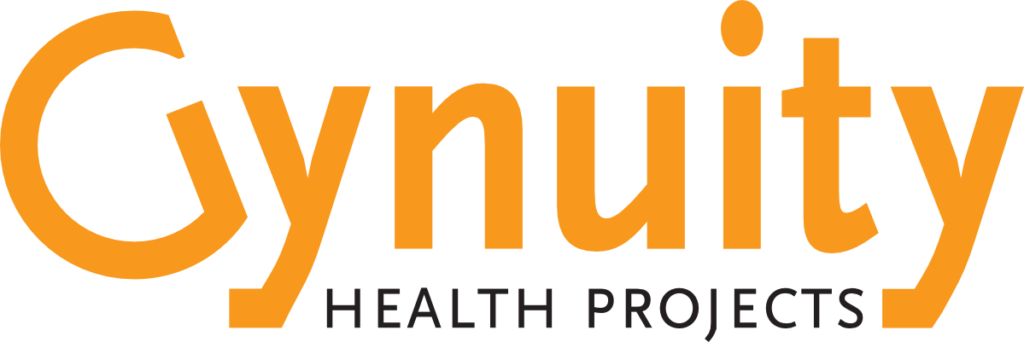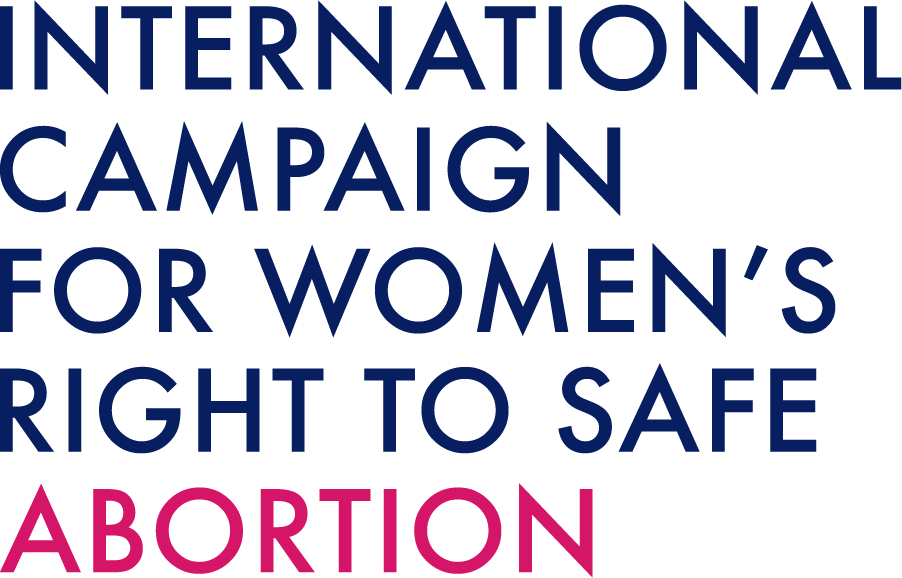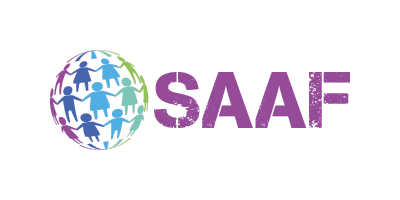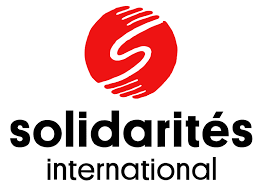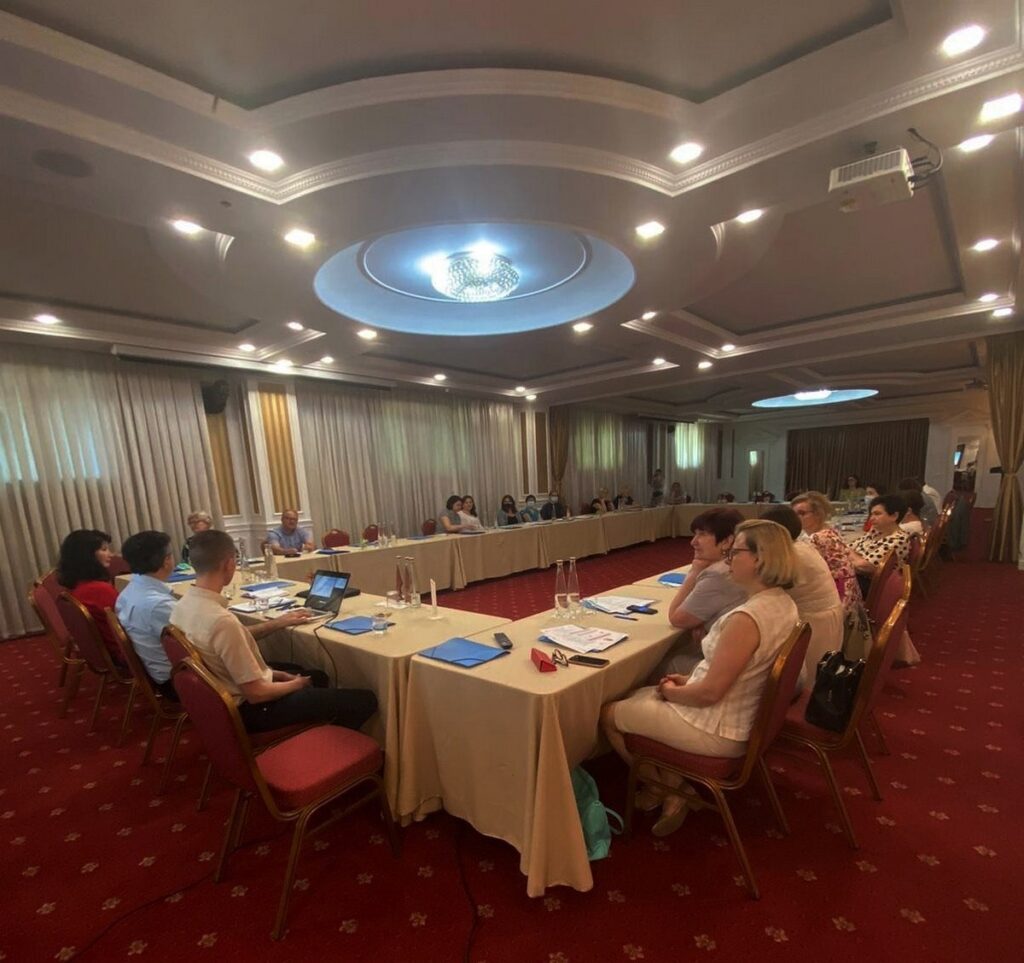
Round table event “Medical abortion in crisis situations: the role of modern technology in the improvement of access for women and adolescents from rural areas”[:]
 On July 8, 2021, in accordance with Order No. 612 of the Ministry of Health, Labor and Social Protection (MoHLSP) of the Republic of Moldova, the round table event “Medical abortion in crisis situations: the role of modern technology in the improvement of access for women and adolescents from rural areas” was carried out. The event was organized by the Reproductive Health Training Center (RHTC) with the goal of disseminating results of the pilot project “Medical abortion via telemedicine for women and adolescents in rural Moldova: breaking barriers with technology,” supported by Grand Challenges Canada as part of the OPTions for Pregnancy Termination (OPTions) Initiative. Several local and international stakeholders attended the event including representatives from the MoHLSP, WHO, UNFPA, University of Medicine and Pharmacy of Moldova, Youth Friendly Health Centers, Reproductive Health Centers, and family medicine practices.
On July 8, 2021, in accordance with Order No. 612 of the Ministry of Health, Labor and Social Protection (MoHLSP) of the Republic of Moldova, the round table event “Medical abortion in crisis situations: the role of modern technology in the improvement of access for women and adolescents from rural areas” was carried out. The event was organized by the Reproductive Health Training Center (RHTC) with the goal of disseminating results of the pilot project “Medical abortion via telemedicine for women and adolescents in rural Moldova: breaking barriers with technology,” supported by Grand Challenges Canada as part of the OPTions for Pregnancy Termination (OPTions) Initiative. Several local and international stakeholders attended the event including representatives from the MoHLSP, WHO, UNFPA, University of Medicine and Pharmacy of Moldova, Youth Friendly Health Centers, Reproductive Health Centers, and family medicine practices.
The event began with an opening statement from the MoHLSP about the importance of sexual and reproductive health services, including abortion, and its ongoing support of RHTC’s activities. Next, RHTC Director, Dr. Rodica Comendant, outlined trends in abortion care in Moldova, the justification behind medical abortion via telemedicine service models, the goal and objectives of the telemedicine project in Moldova, and preparations leading up to the project’s launch. The project was officially launched at the end of March 2020, at which point study enrollment was initiated, and though the service continues to be offered, study enrollment was discontinued at the end of March 2021.
Project assistant, Clay Cook, then outlined data collection and analysis methods and general characteristics of study participants. Overall, 549 women and adolescents were screened for eligibility, of which 531 were enrolled in the study. Fifty-four participants (10%) were adolescents aged 16-19, thus corresponding with annual national-level statistics. Most participants had a gestational age <7 weeks (431; 81%), while the rest of the participants had a gestational age between 7 and 9 weeks. A little over a fourth of participants (139; 26%) never gave birth, while the rest of participants gave birth at least once. About one fifth of participants had a previous surgical abortion (116; 22%) and a slightly greater number of participants had a previous medical abortion (128; 24%).
Dr. Stelian Hodorogea, one of the four study investigators, followed up these data with data on the efficacy of the medical abortion via telemedicine service, along with adverse events and complications experienced by participants. Overall, of the 495 study participants for which abortion outcomes were ascertained, 484 (98%) had complete abortions without surgical intervention and 11 (2%) who had a surgical intervention, 7 of which had incomplete abortions and 4 had continuing pregnancies (0.8%).
Lastly, Dr. Svetlana Nicov, another one of the four study investigators, presented data on participant and provider satisfaction. Participant satisfaction with medical abortion via telemedicine was high, with 99% reporting that they were very satisfied or satisfied with the service. Most participants (87%) indicated that they would prefer remote care via telemedicine if they needed an abortion again in the future and 92% said that they would recommend telemedicine to a friend in need of abortion. Among providers, 80% indicated that they would prefer counselling medical abortion patients via telemedicine in the future, while 20% said that they do not have a preference.
The event closed with a constructive discussion among participants about the significance of study results and necessary next steps in sustaining and scaling up the medical abortion via telemedicine service. The RHTC team received useful feedback and looks forward to continued collaboration with stakeholders in a common effort to ensure access to quality abortion services for all women and adolescents.
A shortened version of the slides presented during the round table meeting can be found below in English.
[:]



